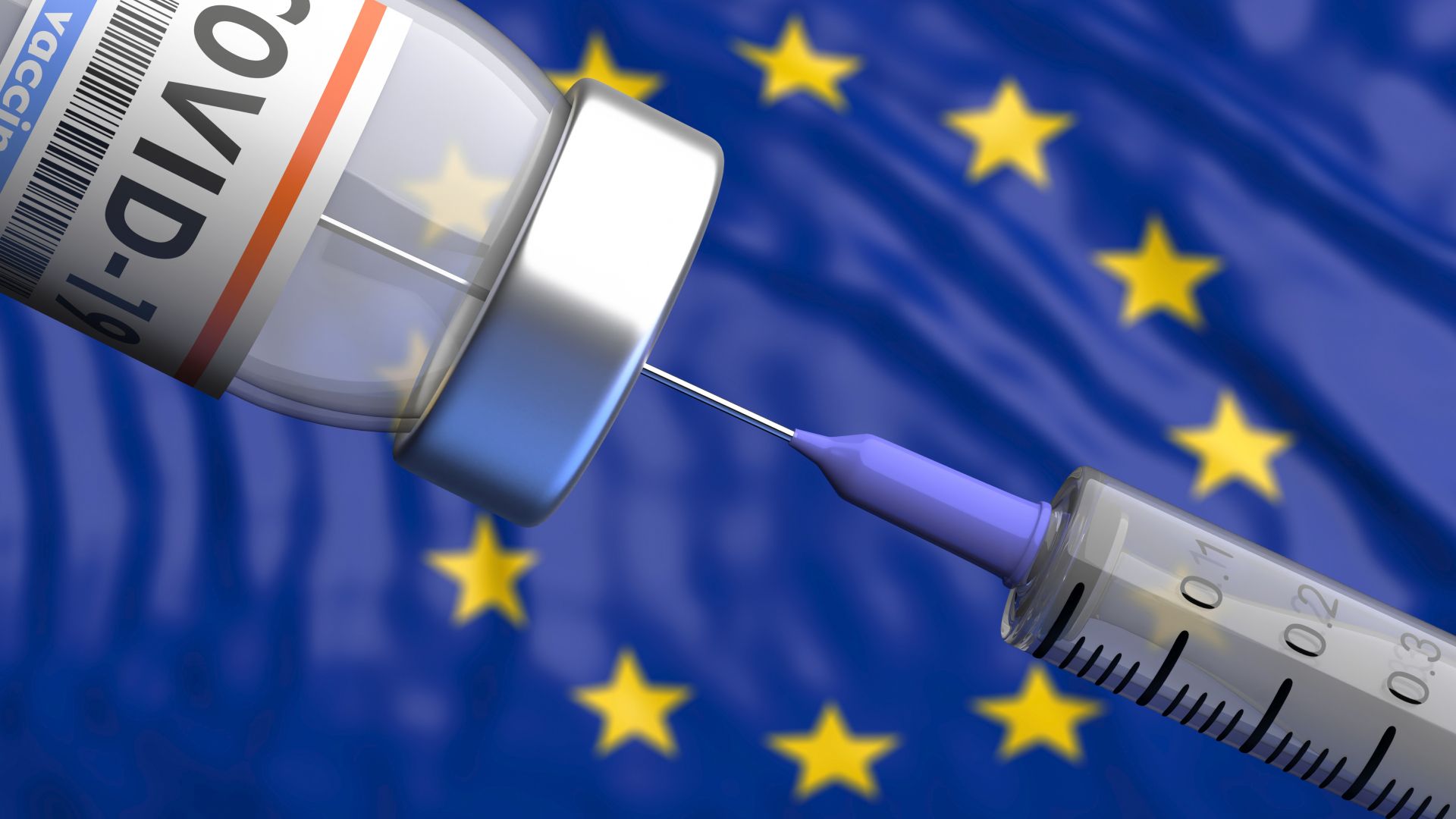We are entering a new phase of the Covid-19 pandemic where there is less pressure on our health systems. We nonetheless must remain vigilant and prepared for possible new variants, underlined the European Commission in its recent communication on sustaining EU preparedness and the response to Covid-19.
Several points of concern discerned in the Commission’s communication are now being addressed by the new European Parliament special committee on Covid-19 that is focusing not only on health issues, but also on socio-economic implications of the pandemic as well as its impact on democracy and global solidarity.
Kathleen Van Brempt, S&D MEP and the chair of the new EP special committee on Covid-19, said:
“Entering a new phase of the Covid-19 pandemic, we should have an honest discussion about all the good and bad decisions that have been taken in the past two years and draw the right conclusions to ensure that Europe is well prepared for such crises in the future.
“When talking about the resilience of health care systems, we should broaden the scope to cover not only the health security aspect but also the strengthening of the general functioning of our health care systems, including for mental health care. We now have to deal with the long term effects of the pandemic, such as postponed cancer treatments, long Covid, and burnouts.
“It is crucial to address how the EU should defend the public interest. Transparency, price setting and pharmaceutical monopolies must now be brought to the centre of the European debate. If we do not solve these issues, the enthusiasm for EU joint procurement will disappear, which will make our lives harder in the next phase of the pandemic.
“This is also linked to global solidarity. It will be important to ensure that low or middle-income countries are also able to produce vaccines and therapeutics. The EU has played a dubious role here. The recent proposal for a waiver on intellectual property rights was ‘too little and too late’.”



